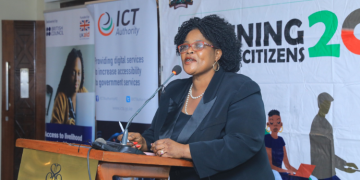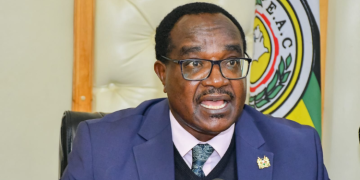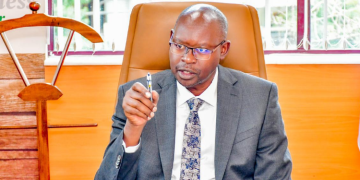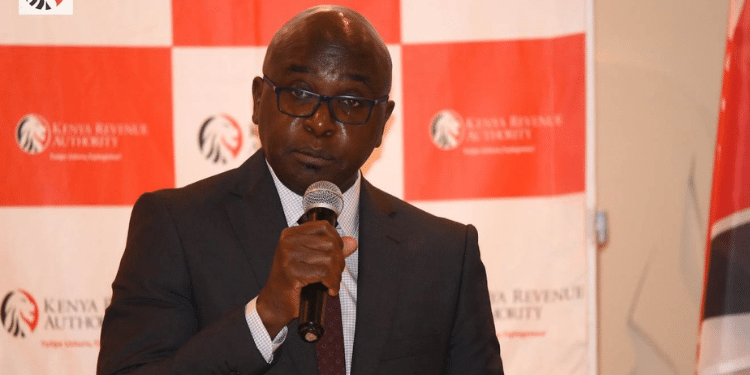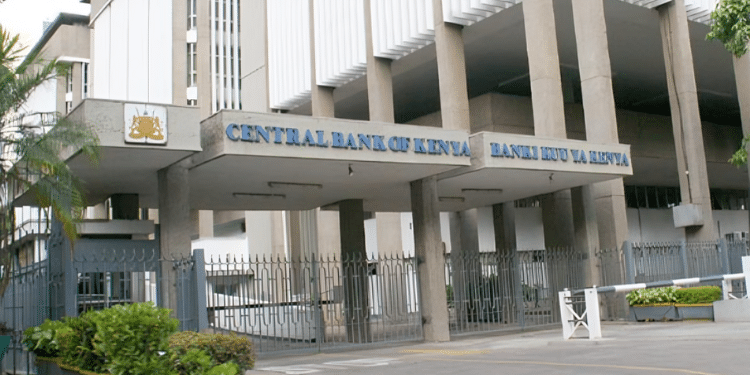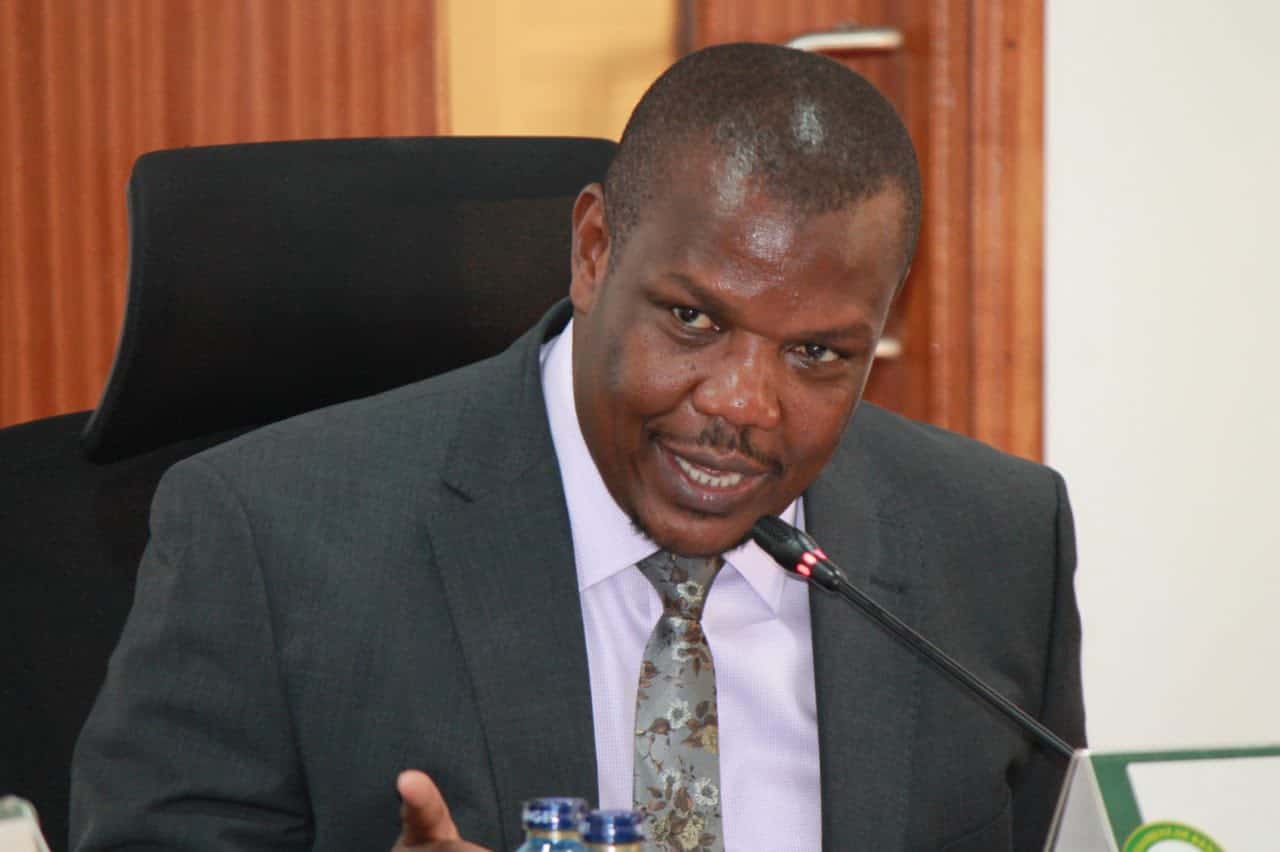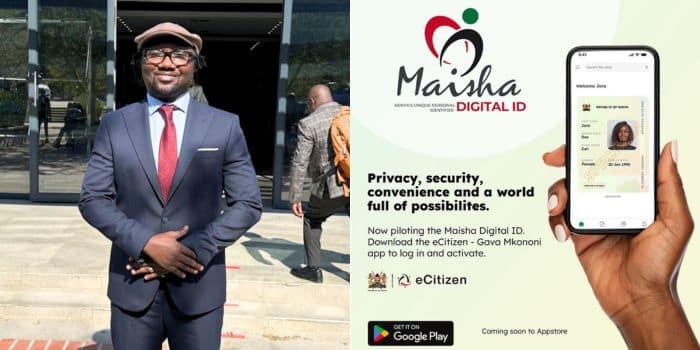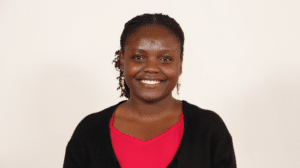James Ayugi, the Chief Executive Officer (CEO) of Webmasters and the brain behind eCitizen is a graduate of the Jomo Kenyatta University of Agriculture and Technology (JKUAT).
Ayugi graduated from the institution in 2008 with a bachelor’s in mathematics (Statistics) and Computer Science.
He said in a past interview that he knew what he wanted to do and immediately went into developing automated systems for several international institutions including the world bank.
Together with his team, they won a tender with the World Bank in 2009 to implement an e registry. At the time, he said that the then Finance Minister Uhuru Kenyatta had foreseen a time when Kenya would be able to make payments for government services online.
eCitizen Founder First Government Tender
Their first contract with the government was with the county of Nairobi, providing an online construction permit system. They went on to implement the same system in different organizations across the world.
When he got an opportunity to present and demonstrate his ideas before key decision makers in the government, including an eCitizen taskforce that had already been formed, he impressed them by providing exactly what they needed and more.
Although the government wanted a system that automated payments, Ayugi challenged them to automate services as well because that was what Kenyans would care about.
“We presented a working system and that is what the government wanted. When the president said digital payment, there were guys who were thinking about ATM cards, they were only focusing on the payment side.
“So, during our presentation, I told them that although they wanted payment, the citizens wanted service. The payment would not have been successful if the service was not automated,” he said in a past interview.
Also Read: eCitizen Founder Explains Why Kenyans Pay Extra Ksh.50
They were brought on board to work on the project through the World Bank and immediately started working on the pilot. In July 2014, they had created an e-registry dubbed eCitizen.
“By 2014 we had already worked with World Bank for 6 years, so the government wrote to the bank and requested for support, and we were onboarded through the World Bank channels,” he added.
Other Developments and Jobs
In 2018, Ayugi developed eResident. The platform is a bill management and rental payment service company based in Nairobi.
“We provide a secure payment platform with multiple payment options that enables landlords and tenants to receive, pay and keep track of rental and tenancy related transactions online,” he indicated while explaining what the project entailed.
In the same year, he developed KopeshaClub, a web-based platform that allows lending businesses to manage their borrowers, loans, repayments and collections with ease from anywhere with internet connection.
“It provides borrowers with instant loans to M-PESA of up to 70000, ability to top up loans and offer safe investment opportunity that has optimal yield,” he explained.
Further, in 2019, Ayugi developed Posnet, which is a cloud-based system that allows users to manage their business efficiently with the freedom to access features and data from any location.
Also, he serves as the CEO and founder of Sokobuzz since 2017. The company uses cutting-edge AI solutions to help clients create personalized, data-driven marketing campaigns and materials.
Also Read: Government Collects Ksh4 billion Through eCitizen Platform
At the same time, he serves as the director of Party People Entertainment, an event management organization.
Ayugi also founded Snapharvest Africa Limited in 2011. Snapharvest is a company that was innovated out of Webmasters to serve critical needs for access to Stock images, Photo editing, online branding and provide high quality stock images to help companies build their brand.
Ownership of eCitizen and How Much He Was Paid
Ayugi clarified that the eCitizen platform was owned by the government. However, it was licensed by his company as they owned the technology that powered it.
“The platform called eCitizen in 100 percent owned by the government. The software we developed is licensed to the government. We own the intellectual property, but the government has its license to scale and improve the system.
Additionally, he said that the government paid him and his team $76,000 (Ksh7.6 million) when the project began. However, for the continuous development of the systems, they had gotten into a new contract and receiving a different amount of compensation.
“Because of that we cannot move the Kenyan version to any other market. We were paid for the initial pilot, which was 76,000 USD, at the time it was like Ksh7.6 million, you realize that our intention at the time was to prove concept.
“So, we then started incorporating additional services to prove the concept. The pilot was partially funded. We have a contract with the government, and it pays us as per the contract,” he explained.
Follow our WhatsApp Channel and join our WhatsApp Group for real-time news updates.



